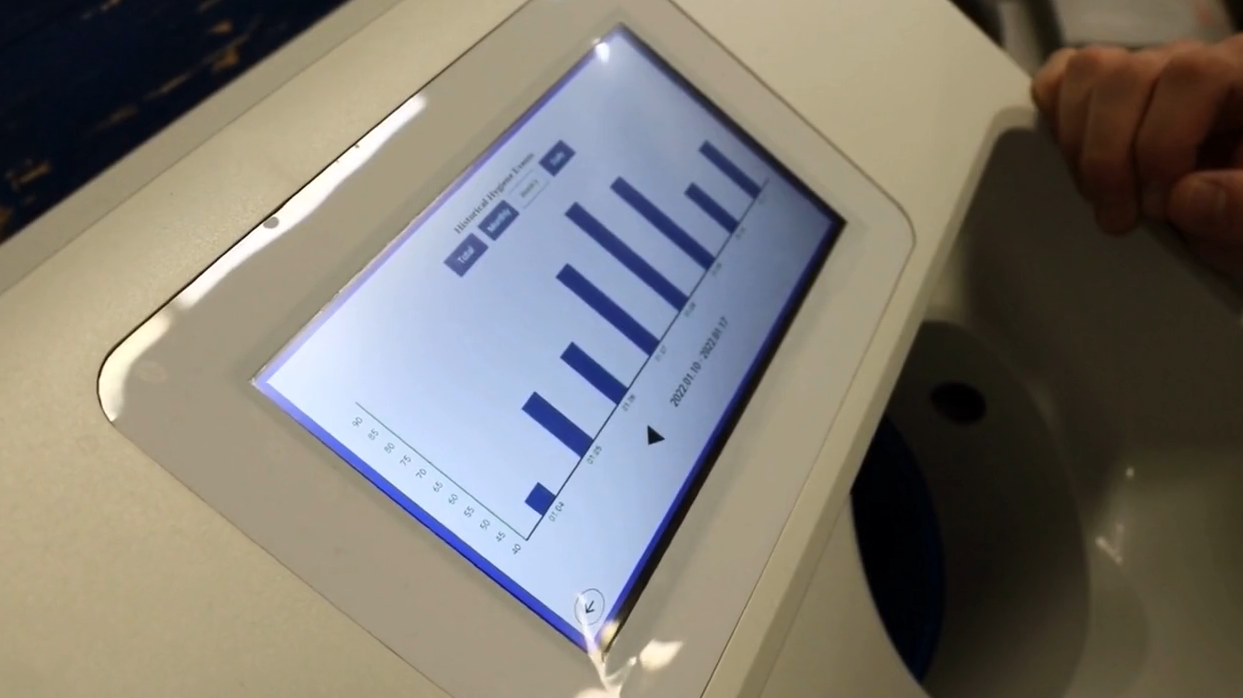Best Practices for Mastering Food Safety Compliance Management
Food safety is of utmost importance in the food industry, as it not only fulfills legal requirements but also serves as a moral obligation to safeguard public health. Compliance with food safety regulations is a complex task, but it is crucial for upholding consumer confidence, preventing foodborne illnesses, and avoiding legal consequences. In this blog post, we will explore effective strategies for mastering food safety compliance management, enabling you to prioritize the safety of your products and customers.
Keep Yourself Updated on Regulatory Food Safety Compliance Changes

It is crucial to stay informed about the latest food safety regulations, as they are constantly changing. This entails being knowledgeable about the specific regulations that pertain to your business, such as the Food Safety Modernization Act (FSMA) in the United States, HACCP principles, or international standards like ISO 22000. Make it a habit to regularly check for updates and revisions to ensure that your business remains compliant with the most current requirements.
Establish an Effective Food Safety Compliance Management System
A Food Safety Management System (FSMS) serves as the cornerstone of compliance, offering a well-structured approach to identifying, preventing, and resolving food safety hazards. A successful FSMS includes critical elements such as hazard analysis, critical control points (CCPs), monitoring, corrective actions, verification, and record-keeping. By implementing these components in a systematic manner, you can uphold a superior level of food safety.
Foster a Food Safety Compliance Culture
Food safety goes beyond just ticking off a checklist; it should be ingrained in the very fabric of your business. Cultivating a food safety culture within your organization is paramount. Make sure that every employee, from top management to front-line staff, is well-trained in food safety practices. Encourage open lines of communication and create an environment where safety concerns can be reported without hesitation. Let food safety be an integral part of your company's core values that cannot be compromised.
Download Valuable Food Safety Culture Resources in our Food Safety Toobox!
Perform Regular Food Safety Compliance Audits and Inspections
 Regularly conducting internal and third-party audits is essential in order to evaluate the effectiveness of your food safety measures. Take the time to thoroughly review your processes, procedures, and documentation to pinpoint any areas that may need improvement. By utilizing the findings from these audits, you can implement necessary changes and enhancements to strengthen your food safety program.
Regularly conducting internal and third-party audits is essential in order to evaluate the effectiveness of your food safety measures. Take the time to thoroughly review your processes, procedures, and documentation to pinpoint any areas that may need improvement. By utilizing the findings from these audits, you can implement necessary changes and enhancements to strengthen your food safety program.
Use our Hand Hygiene Audit Tool to help with internal auditing!
Build Strong Partnerships with Suppliers
Ensure that the safety of your food products goes beyond the boundaries of your own facility. Your suppliers are integral to maintaining food safety standards. It is crucial to ensure that your suppliers meet the same rigorous safety requirements that you do. Establish transparent quality and safety criteria for your suppliers and regularly conduct audits to ensure their compliance.
Maintain Accurate and Detailed Food Safety Compliance Documentation
Maintaining precise and detailed documentation is an essential element of ensuring food safety compliance. It is imperative to meticulously record every aspect of your operations, including ingredient sourcing, production processes, and quality control. These records play a critical role in enabling traceability and accountability. To streamline this process and guarantee easy accessibility and secure storage of records, consider implementing digital record-keeping systems.
CleanTech® Automated Handwashing Stations are revolutionizing the way handwashing compliance data is tracked in the food industry. These state-of-the-art stations not only provide a convenient and effective handwashing solution but also capture essential compliance data in real-time. Equipped with advanced sensor technology, the CleanTech® stations monitor and record handwashing events, ensuring that all employees follow proper hygiene protocols. The compliance data is then securely stored and can be easily accessed for auditing purposes.

This innovative system takes the guesswork out of compliance management, providing businesses with accurate and reliable data to demonstrate their commitment to food safety. With CleanTech® Automated Handwashing Stations, you can have peace of mind knowing that your employees are practicing proper hand hygiene and that your compliance efforts are being tracked and documented effectively.
Learn how CleanTech® Systems can improve compliance!
Take Swift Action in Addressing Food Safety Compliance Incidents
No matter how hard you work to prevent them, incidents can still happen. Whether it's a product recall, a complaint from a customer, or a safety issue that has been identified, it is essential to have a well-designed incident management plan in place. The key is to act swiftly, conduct a thorough investigation, and implement appropriate corrective measures to prevent any future occurrences.
Embracing a Culture of Continuous Improvement
Ensuring food safety compliance is an ongoing task that requires a commitment to continuous improvement. It is important to regularly assess and update your food safety management system, taking into account feedback, data, and new insights to optimize your processes and enhance safety measures.
Achieving mastery in food safety compliance management is crucial for the reputation and prosperity of your food business. By staying up-to-date with regulations, implementing a robust management system, fostering a culture of food safety, and embracing continuous improvement, you can guarantee the safety of your products and the well-being of your customers. Always remember, food safety is not merely a legal obligation; it is a steadfast commitment to delivering safe and top-quality food to the public.
Watch our Webinar for Strategies to Improve Hand Hygiene Compliance!






